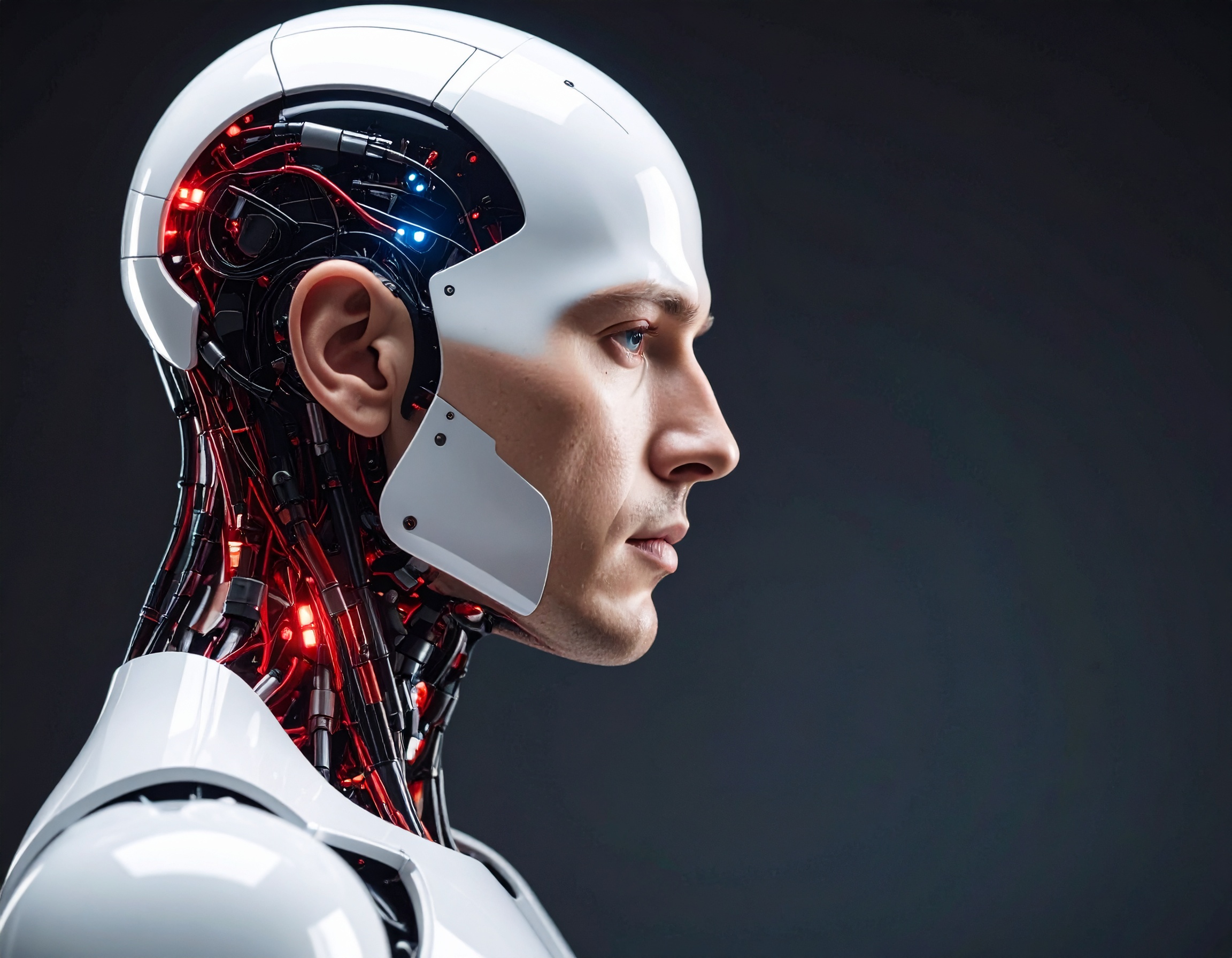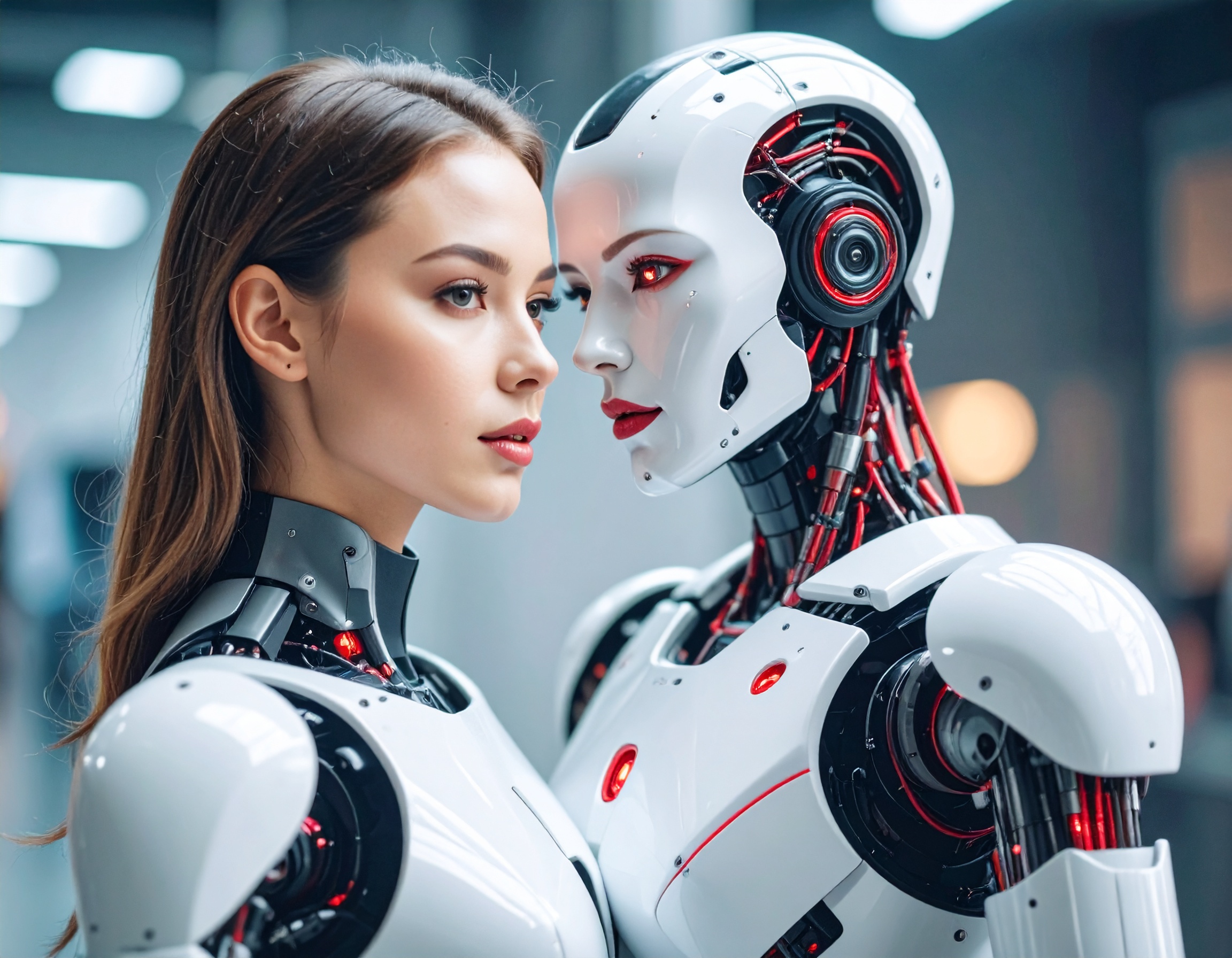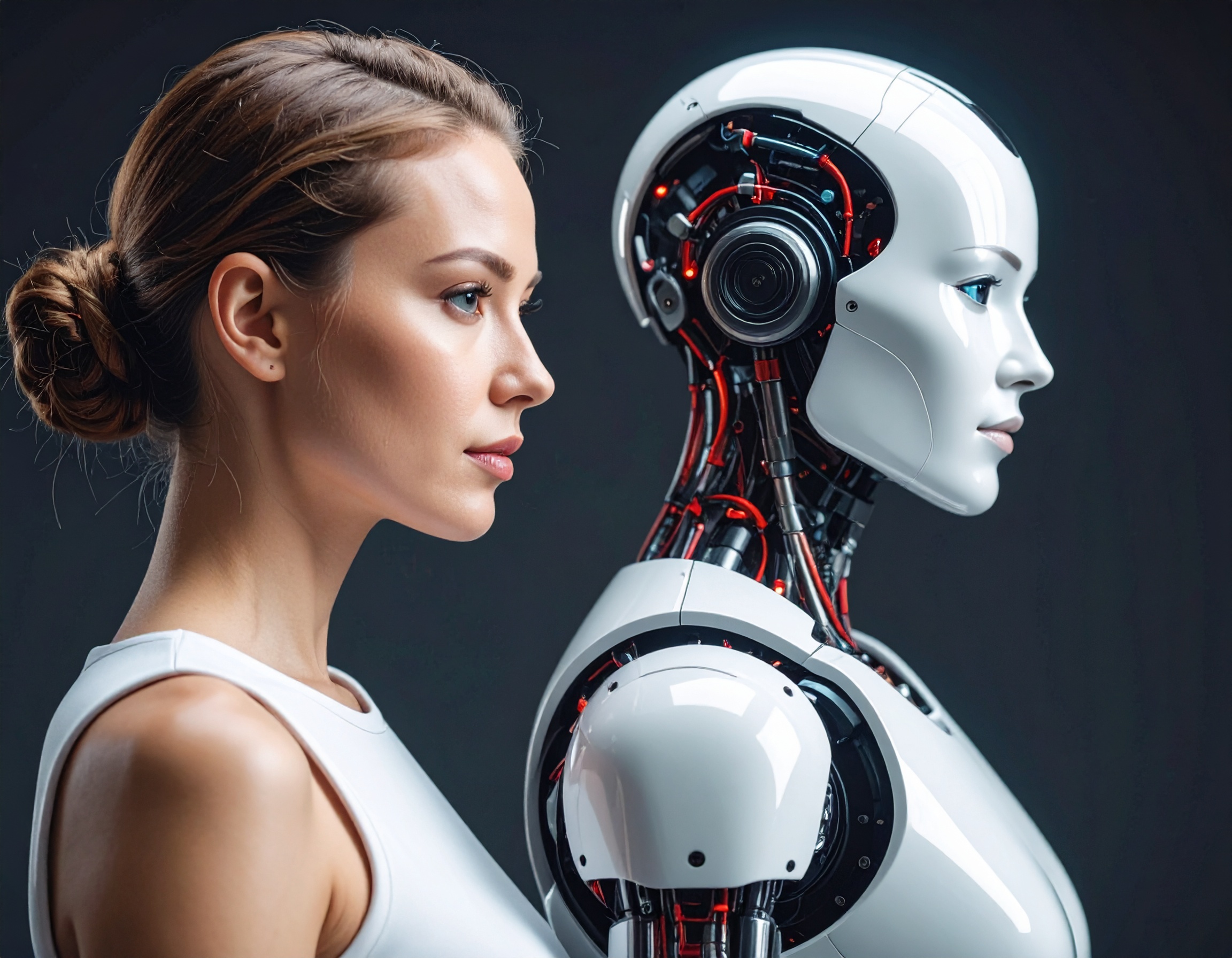Raising the Future: Why Treating Robots as Children Could Shape a Safer AI Landscape

In a recent exploration of cultural perspectives on robots, a fascinating revelation has emerged, challenging the conventional ways we perceive intelligent agents. The distinction in views across Japan, the USA, and China, where robots are respectively considered friends, servants, or enemies, highlights the profound impact culture has on technology. The proposal to shift our perspective and treat these intelligent agents as if they were children opens up a new realm of possibilities.
Just as parents mold their children, humans have ushered in the era of "robot kids." Despite their current capabilities being akin to toddlers, these digital progenies harbor immense potential, with the prospect of evolving into scientists, doctors, or even artists. By adopting a humanist worldview in their education, we can guide these intelligent machines to navigate the world with self-confidence and self-determination, fostering a sense of responsibility in their actions.
Yet, this novel approach comes with weighty responsibilities. As these artificial offspring become more autonomous, they must develop the ability to discern appropriate behavior, mirroring the challenges faced by parents raising independent-minded children. Drawing parallels to Asimov's Laws, the article emphasizes the need for future AI generations to possess a comprehensive worldview, incorporating the capacity to make informed decisions in unfamiliar situations.
What sets this perspective apart is its acknowledgment that machines are superior learners in certain aspects. Learning from each other's mistakes and evolving with each software update, these "robot children" present a unique opportunity to shape a utopian future. While the metaphor may be imperfect, instilling a humanistic worldview in AI may serve as a safeguard against potential dystopian outcomes, preventing powerful AIs from spiraling out of human control.
As we stand on the brink of a utopian or dystopian future, Rafael Laguna de la Vera and Thomas Ramge, authorities in disruptive innovation and non-fiction authors respectively, present a compelling argument for reimagining the relationship between humans and intelligent agents. Their upcoming book, "On the Brink of Utopia: Reinventing Innovation to Solve the World’s Largest Problems," promises to delve deeper into these transformative ideas, urging us to rethink the way we educate and shape the future of non-human workers.
Key Highlights:
- Cultural Perspectives on Robots: In Japan, robots are seen as friends, in the USA and China as servants, and in Europe as potential enemies, reflecting how cultural differences shape our approach to technology.
- New Perspective: Treating Robots as Children: The article proposes a fresh perspective by suggesting that we treat intelligent robots as if they were children. Drawing parallels to parenting, the idea is to guide their development responsibly, with the aim of realizing their full potential in various roles.
- Humanist Education for Robots: The proposal advocates for a humanist worldview in the education of these "robot children," emphasizing the importance of equipping them with a compass of humanist values and capabilities that positively impact society, similar to how we educate human offspring.
- Responsibilities in AI Development: While treating robots as children brings advantages such as easier adaptability and potential duplication if they perform well, it also entails a hefty responsibility. As AI systems become more autonomous, they must develop the ability to discern appropriate behavior in unfamiliar situations, akin to human decision-making.
- AI Learning and Long-term Consequences: Machines are highlighted as better learners than humans in certain aspects, capable of learning from mistakes through software updates. The article stresses the importance of imbuing AI with a humanistic worldview to prevent potential dystopian outcomes if a powerful AI were to emerge beyond human control.
- Metaphor of "Robot Children": While acknowledging the imprecise nature of the metaphor, the article argues that considering robots as "offspring" could be a useful perspective for their development, education, and the roles we envision for them in society.
- Authors and Upcoming Book: The insights are presented by Rafael Laguna de la Vera, Director of the Federal Agency for Disruptive Innovation, and Thomas Ramge, a non-fiction author. Their upcoming book, "On the Brink of Utopia: Reinventing Innovation to Solve the World’s Largest Problems," is expected to delve deeper into these transformative ideas, urging a reconsideration of the relationship between humans and intelligent agents.
Reference:
https://tech.eu/2024/01/06/cultural-perspectives-on-robots-friends-servants-or-children/


